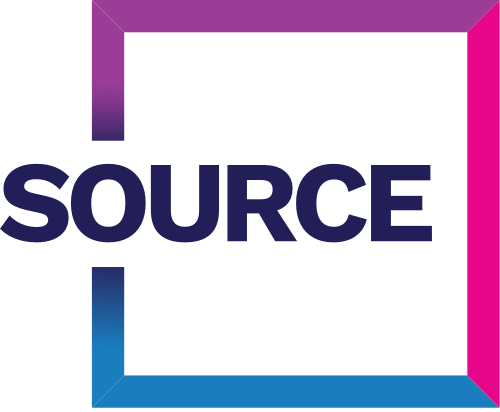By Hayley Furer
Change is inevitable in any business. In order to survive and grow, organisations must adapt to shifting demands and priorities. Regardless of the motivation or intended benefits, change can feel daunting to employees. Transitions in your business can lead to disengagement, lower productivity and even attrition.
The good news is, through strong management and communication, you can avoid this outcome — and realise even greater benefits by getting your team excited about the change. Follow these tips for implementing change the right way.
Plan your business change
The clearer you are about your plan, the more effectively you’re going to be able to track your progress, communicate the plan to your team and be there to answer any questions that come up. The big picture needs to be supported with the details, such as a timeline, and the ways in which it’s going to affect daily workflow.
Consider a trial
You may want to run a trial before implementing any major business change, with perhaps one team or employee as the pilot change team. This way, you’re not faced with as much risk if the change isn’t as successful as initially thought. It’s also a great way of getting feedback and fine-tuning your plan.
Communication is key
Clear, timely and open communication is crucial in times of change. The earlier you speak to your employees about the intended change, the more likely you’ll be able to get them on board. Make sure you focus on the ‘why’ of the change, not just the ‘what’. It’s far easier to get people excited about a vision and purpose, and what the potential gain is, rather than focusing on what will change or be lost. Employees are likely to be more disengaged if they hear about changes through office gossip, rather than from their manager or leader of the business.
Find advocates
If you can, involve key employees in your business in the change. Even if you don’t go with their suggestions, they will appreciate that their opinion has been taken into consideration. The more employees you have on board with your decision, the better as they can act as advocates for your change and assist in getting other employees on board.
Hold one-to-ones with key players
Make sure you catch up one-on-one with employees you want to retain, particularly if they will be majorly affected by the change. Advise how the change will impact them positively and work through any concerns they may have. They will likely appreciate you taking the time to communicate with them face-to-face, rather than just putting it in an email.
Put it in writing
While it’s best to go through any major business changes in person, you should also put it in writing — whether it’s via email, intranet or an employee portal. This ensures everyone is clear is on the specific details and that anyone who is absent is aware. Of course, be cautious as to what sensitive or confidential information you share.
Creative positivity around the change
If you’re implementing major change in your organisation, you may want to schedule an employee get-together like a lunch or after work drinks. This can help to get employees excited about the transition and foster a sense of camaraderie.
Follow up
Make sure you regularly report back to your team about how change is positively affecting the organisation — as well as giving kudos for their adaptability and understanding.
Own your mistakes
In the unlikely situation the change doesn’t work out, be as honest as possible with your employees. You’re more likely to retain your team’s respect if you communicate and take ownership and accountability.
Need a hand?
By following these simple tips, you can successfully navigate and manage change in your organisation. Need help understanding or implementing any of the tips on this list? Contact me on 0451110745 or Hayley.furer@sourcelegal.com.au
You can download a copy of the article here.

















